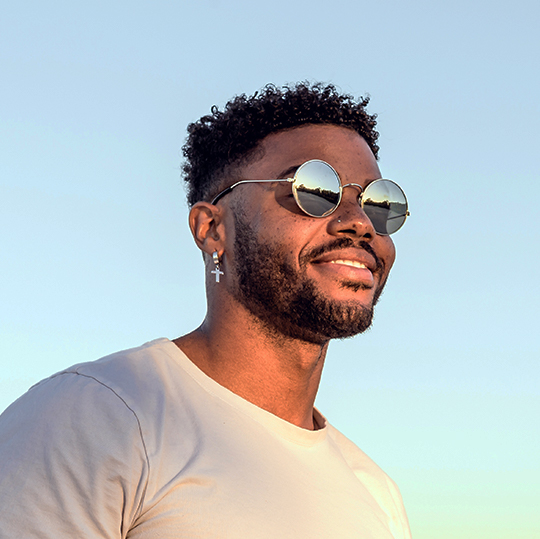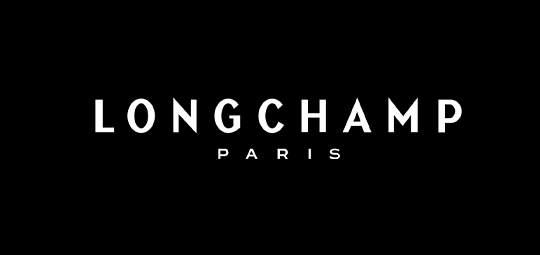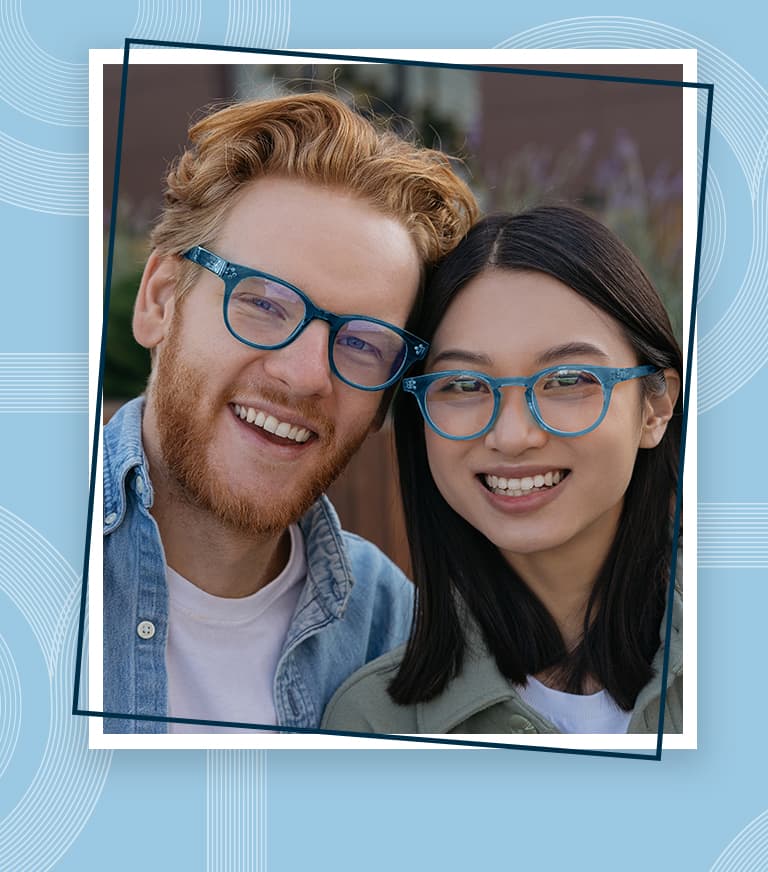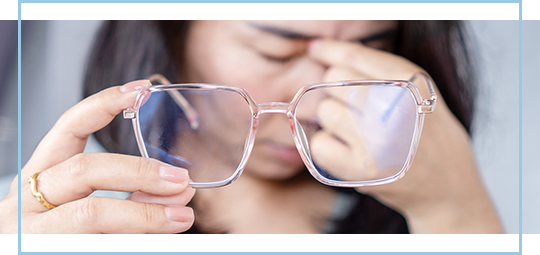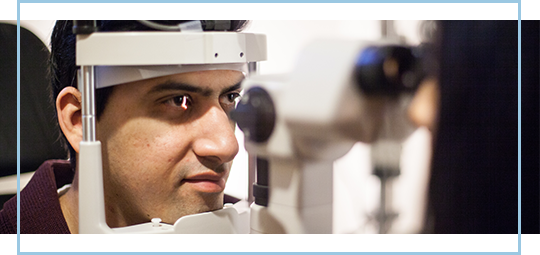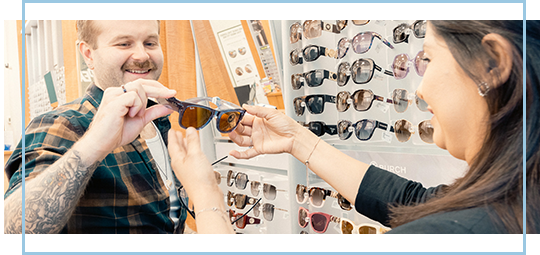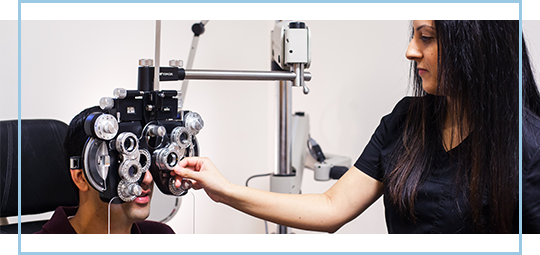Welcoming All Patients
There’s more to an eye exam than just updating your prescription. Our primary focus at Dr. Rehana Manji & Associates is on preventive health and eye care wellness in a safe and inclusive space for our patients.
We offer services like digital eye strain management, dry eye therapy, and more through a comprehensive and personalized exam.
Experience our service for yourself—contact us to schedule your appointment today.
Protecting Your Eye Health
Your eyes and vision are precious, and conditions like digital eye strain and dry eye can affect not only your vision but your comfort as well. We offer comprehensive digital eye strain and dry eye treatment through different lens solutions and specific treatments.
Our team will work with you to determine your needs and recommend treatment options to help you find relief. Whether you need to get to the bottom of your dry eye symptoms or need tips to deal with digital eye strain, we have you covered.
Learn more about how we can help.
Our Brands
